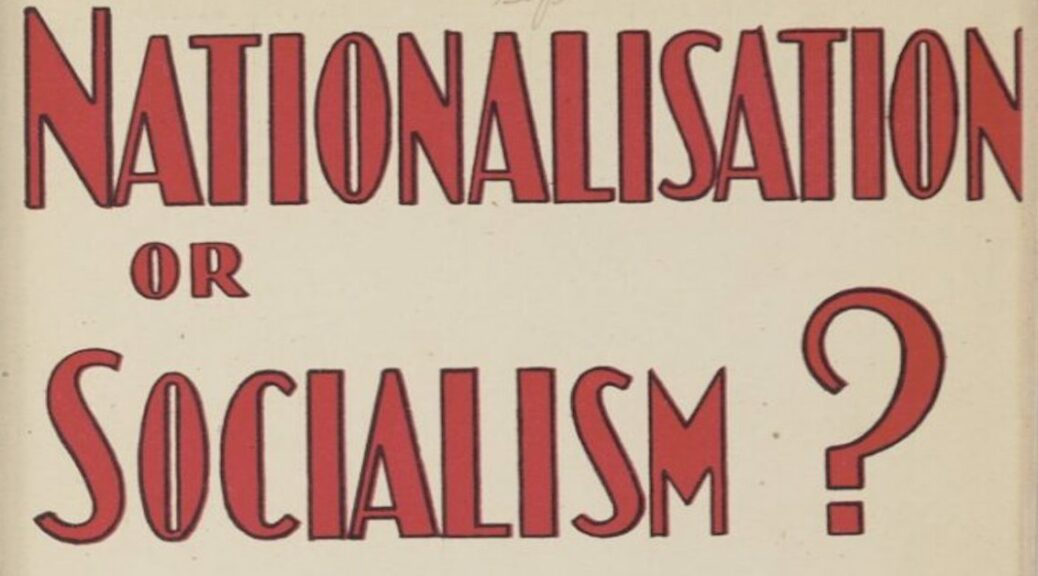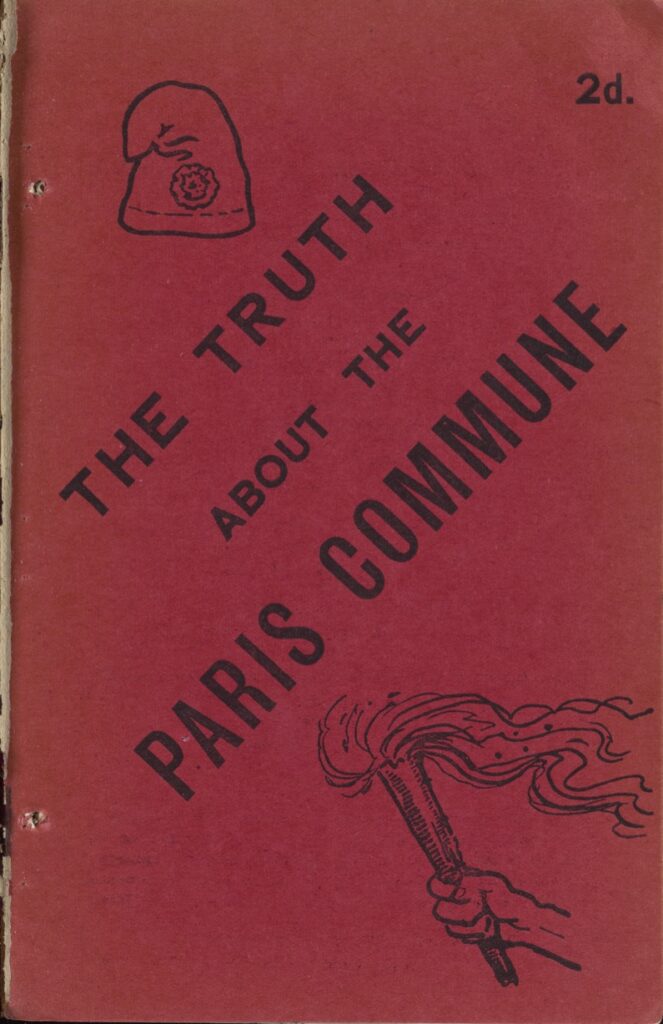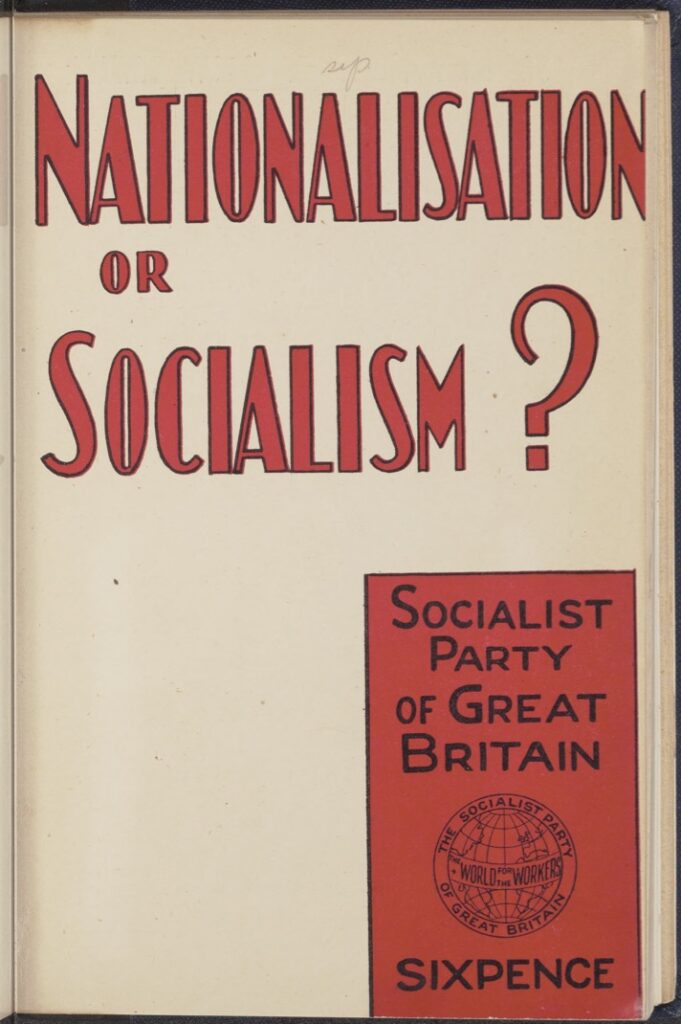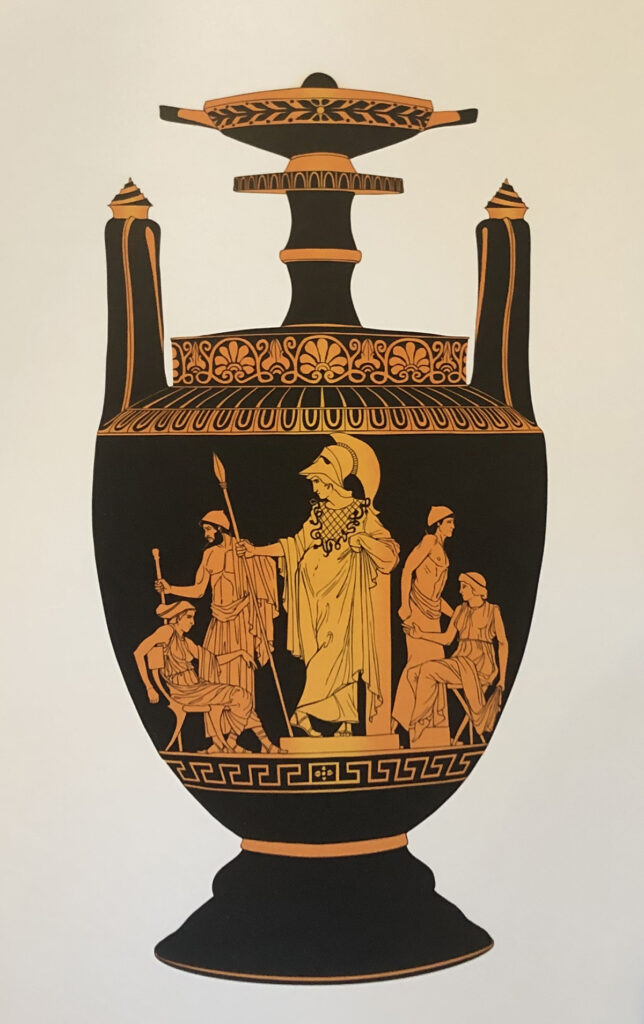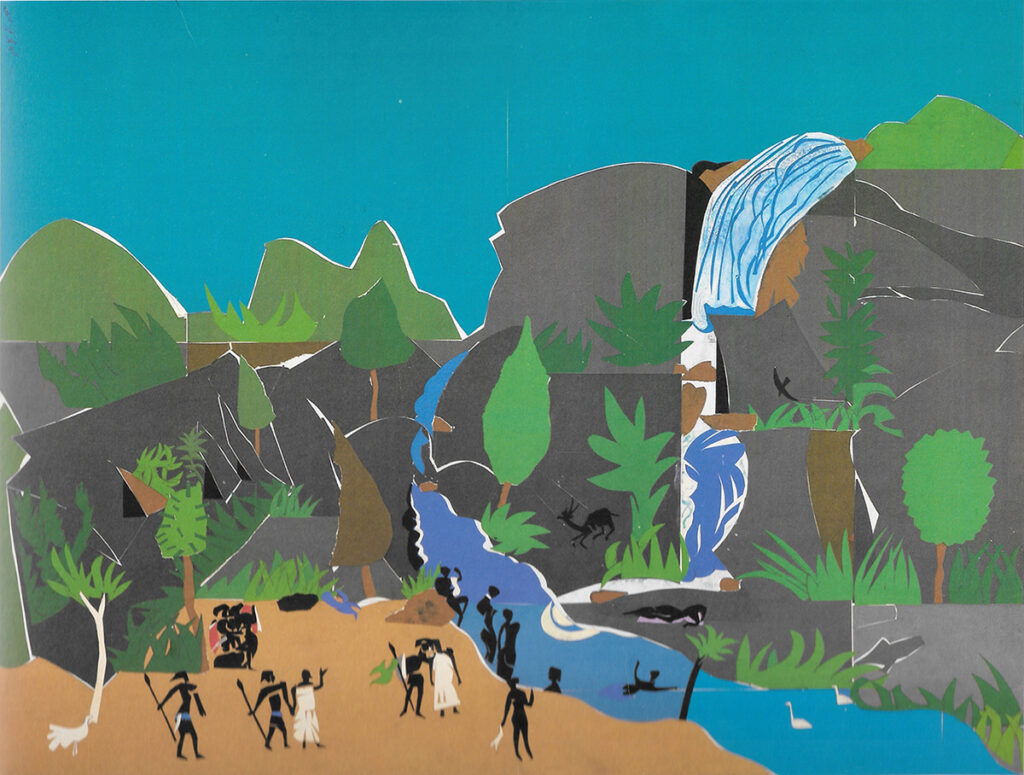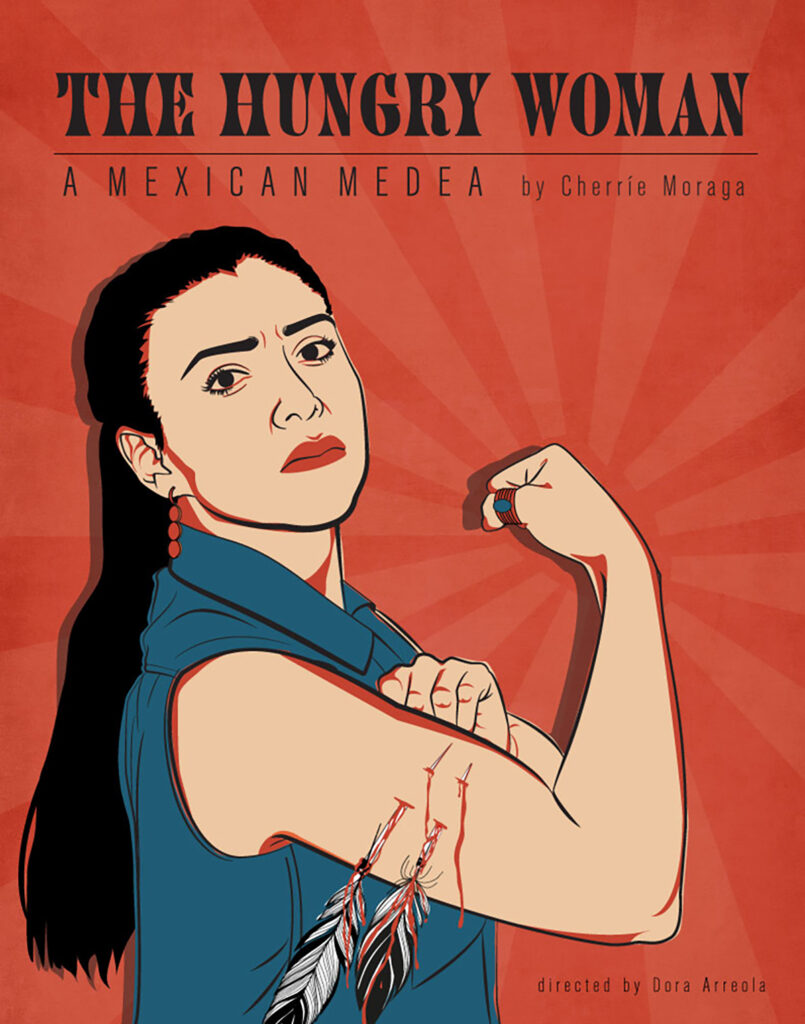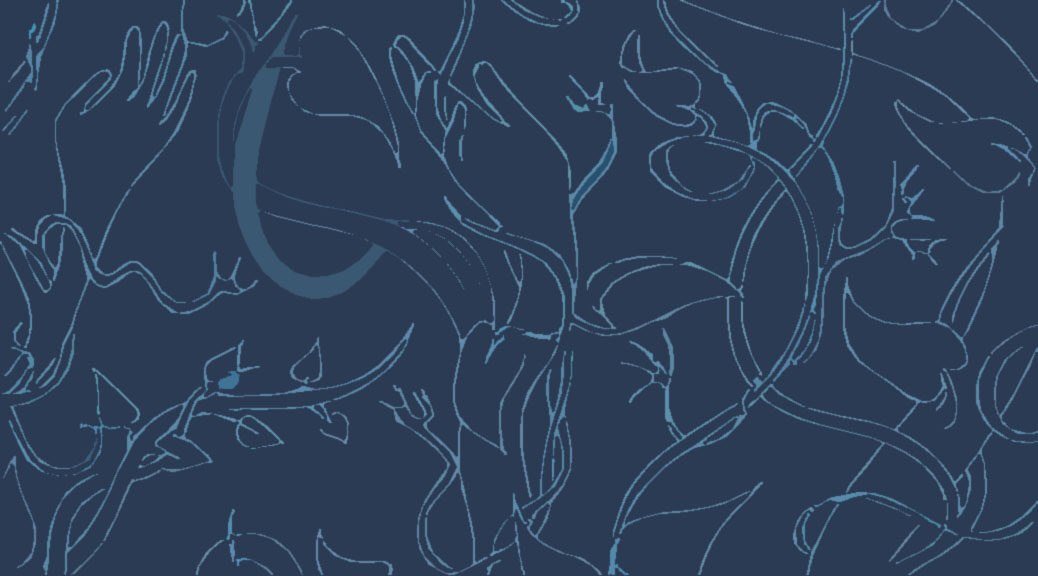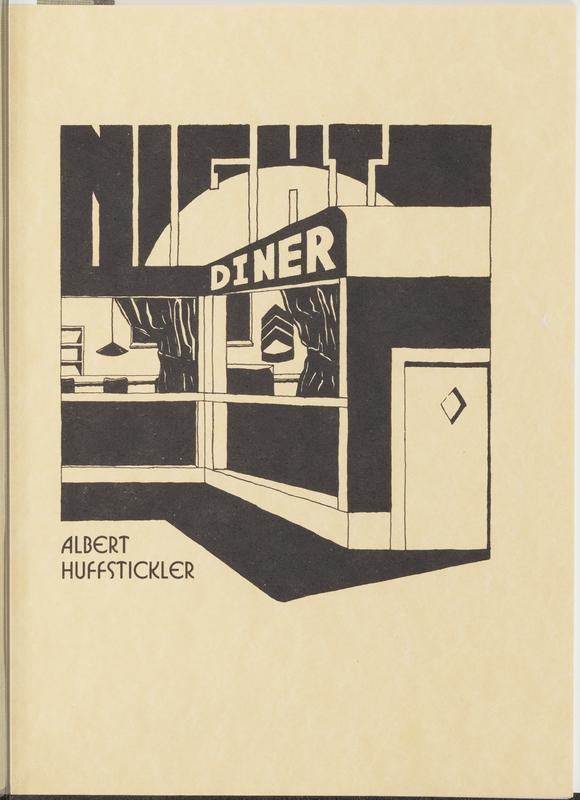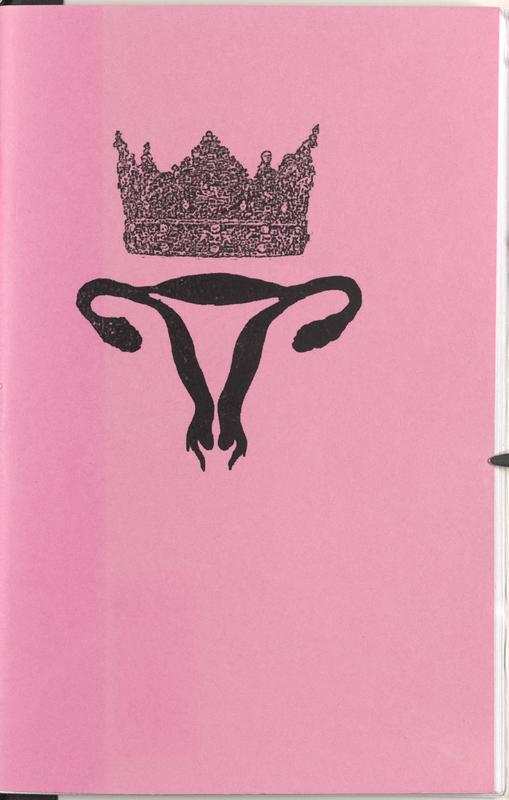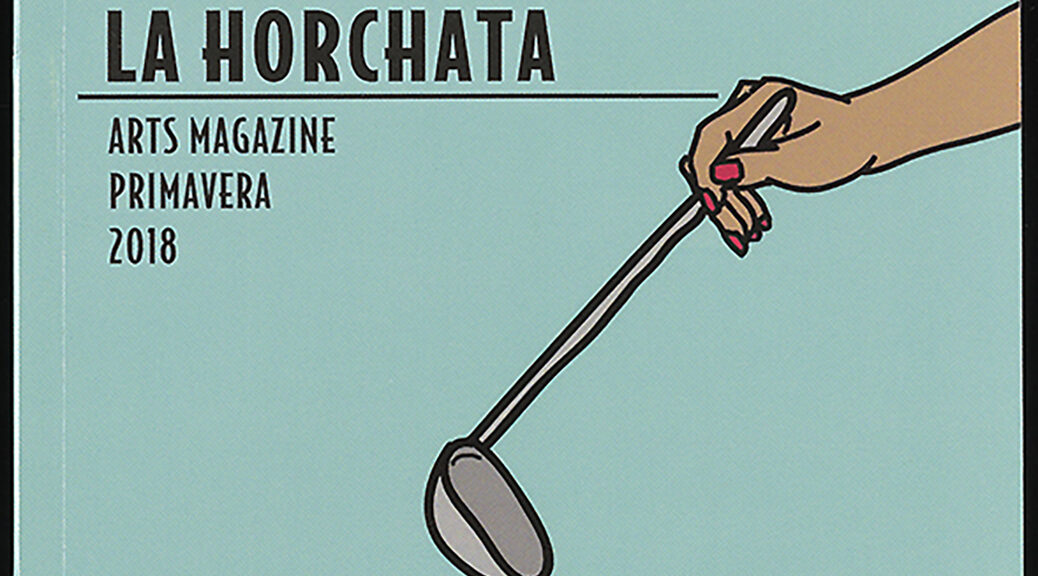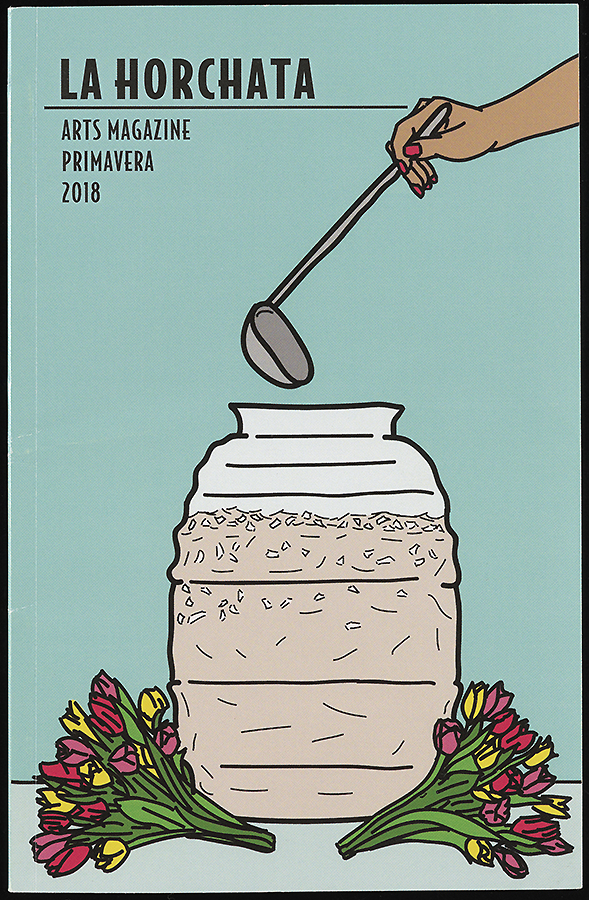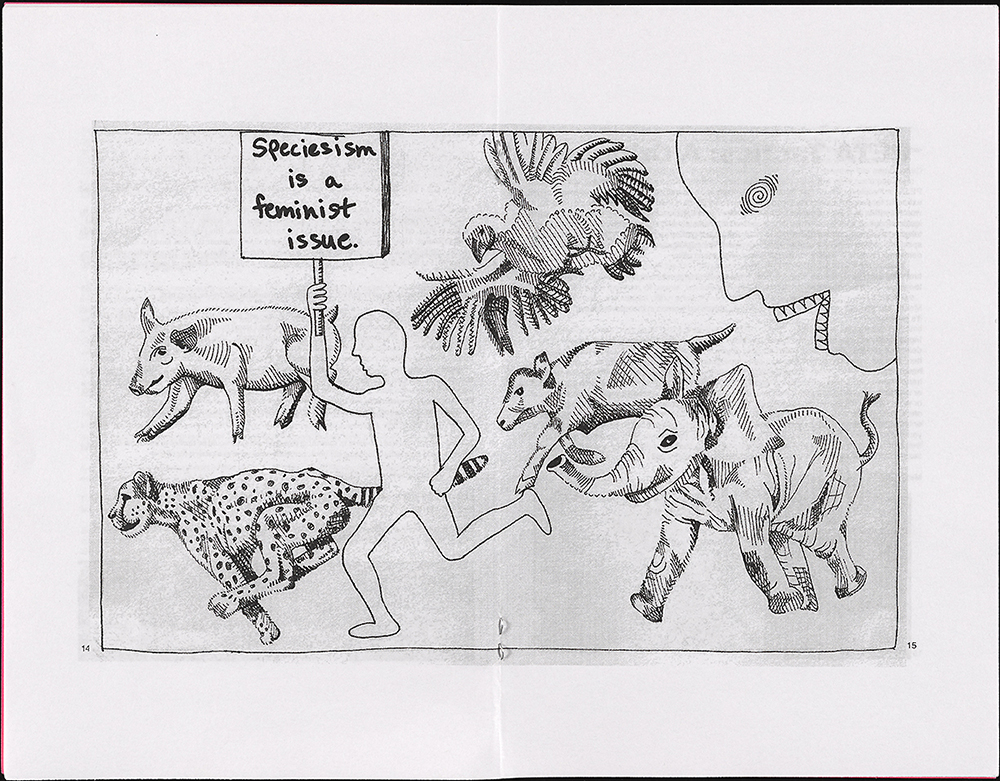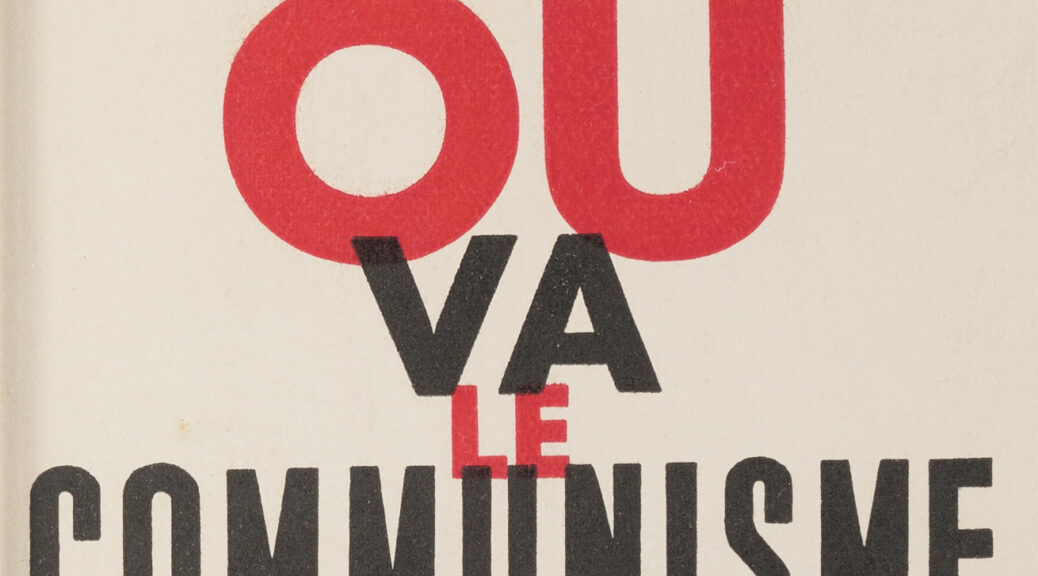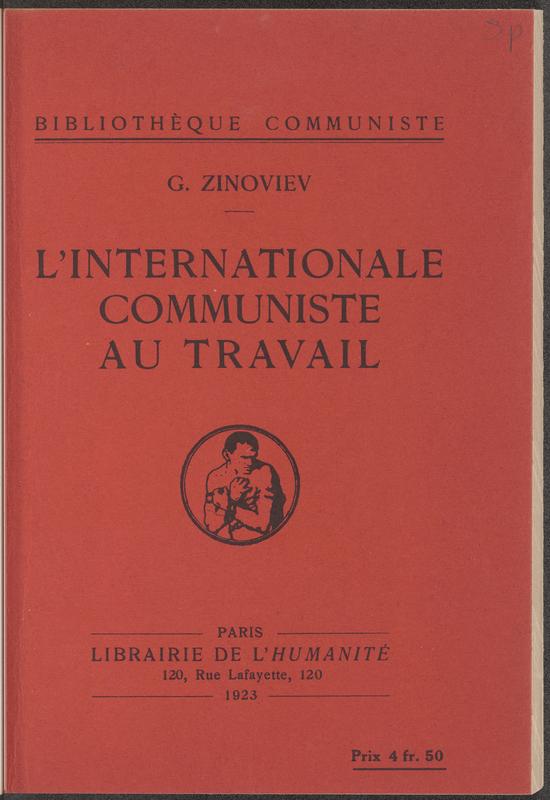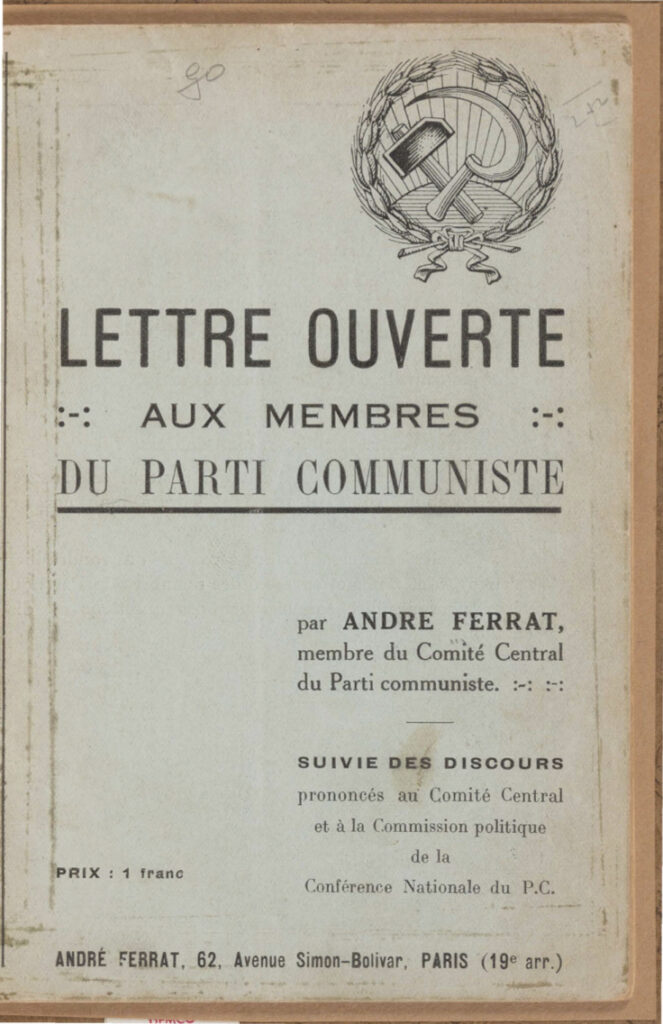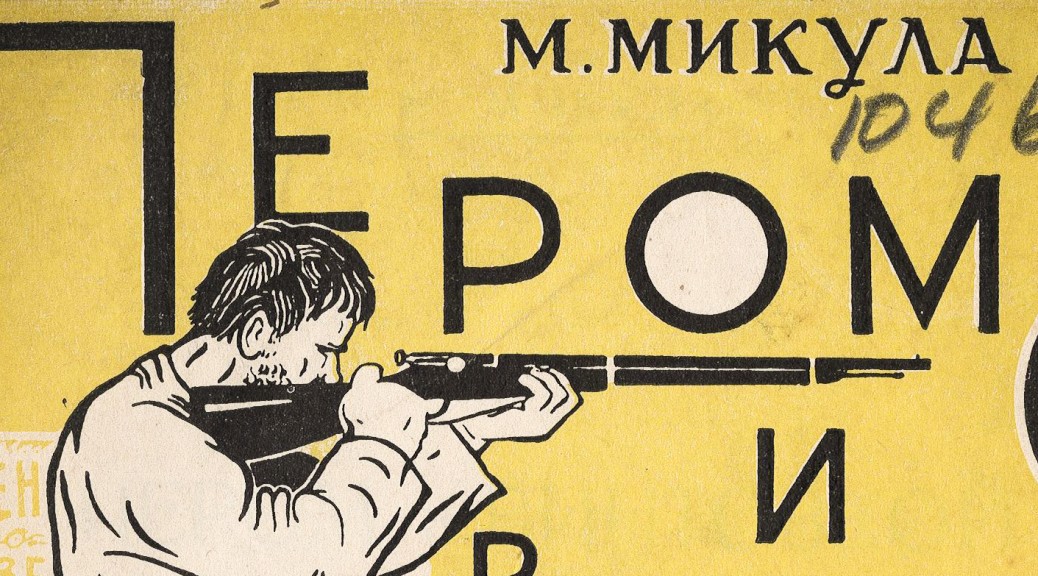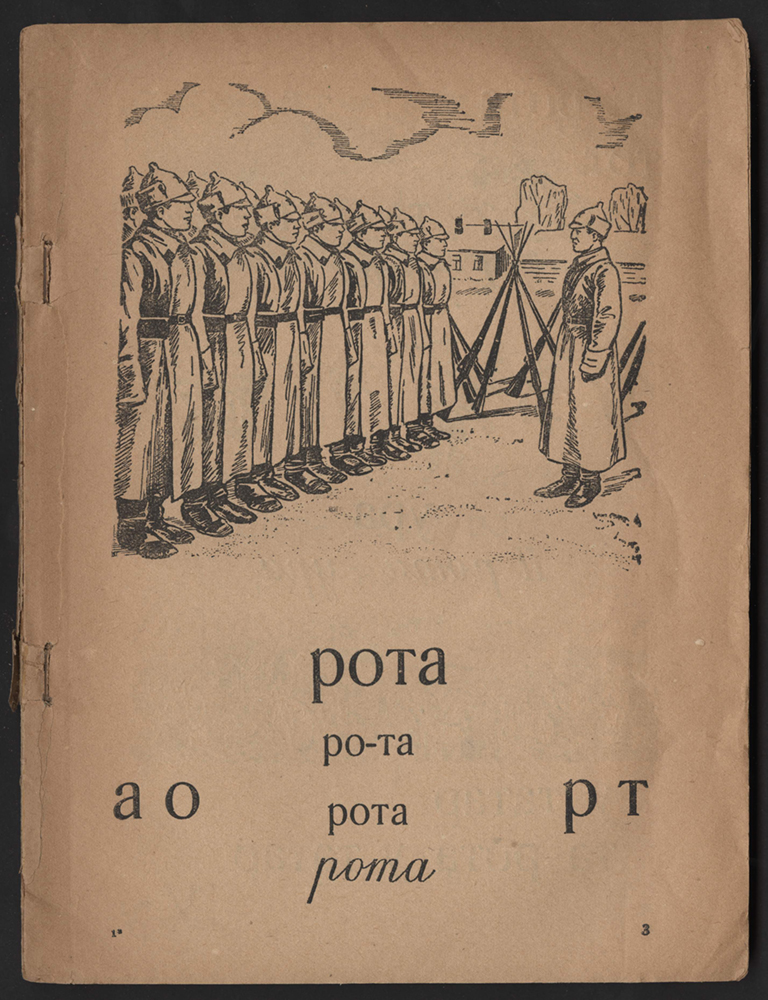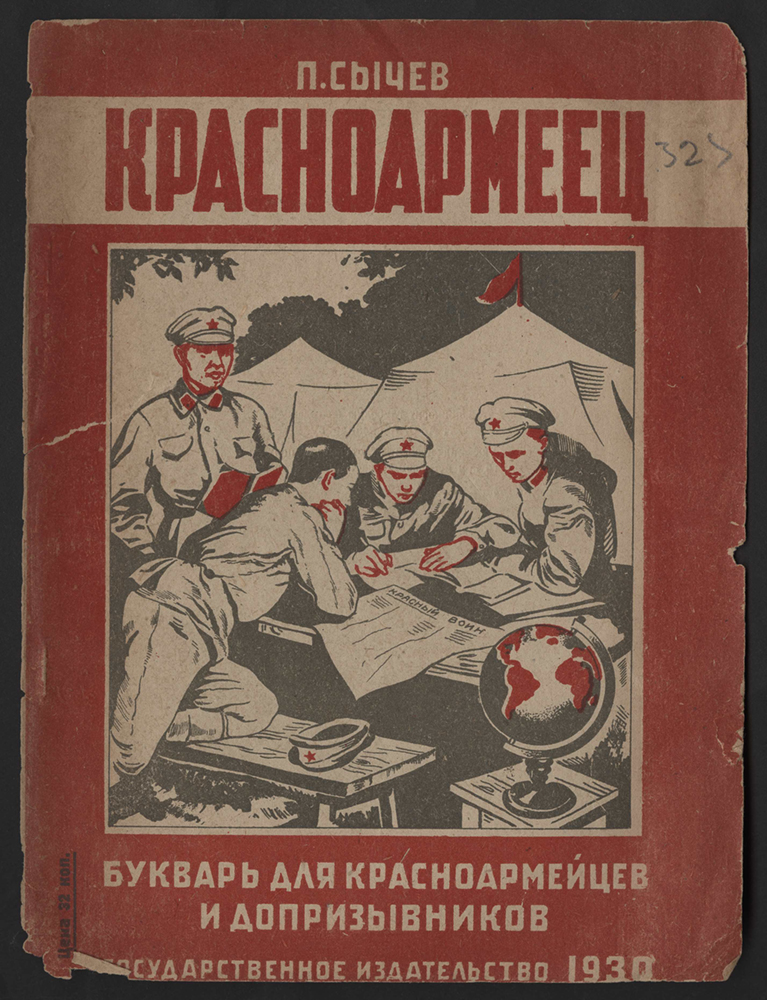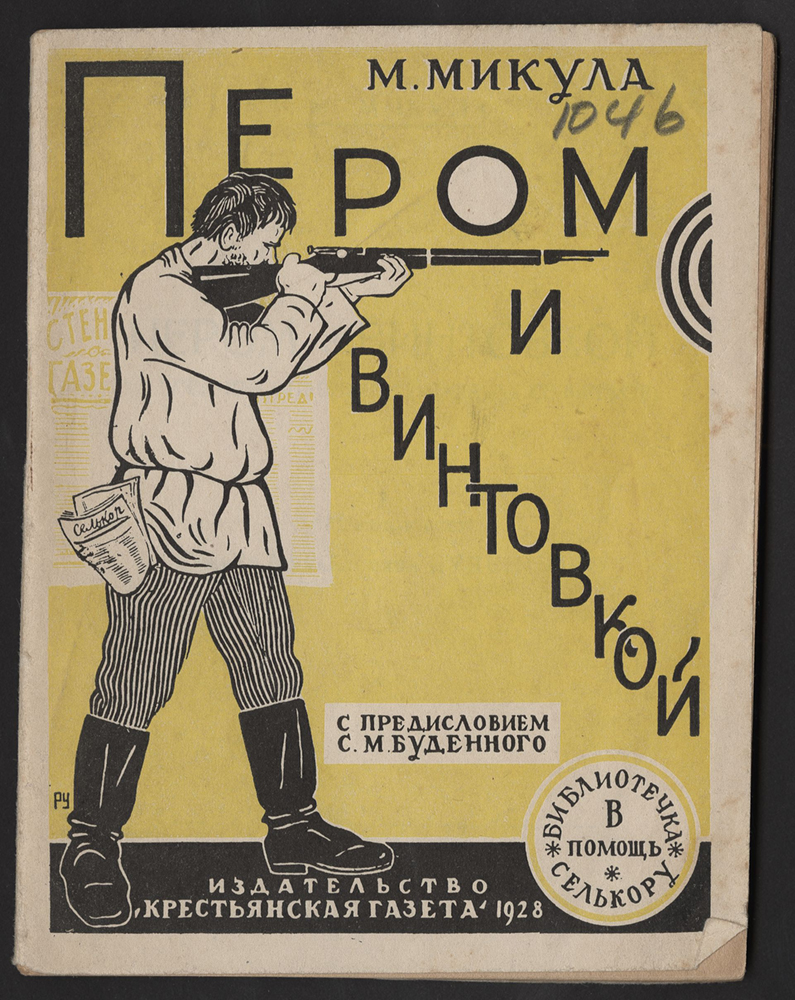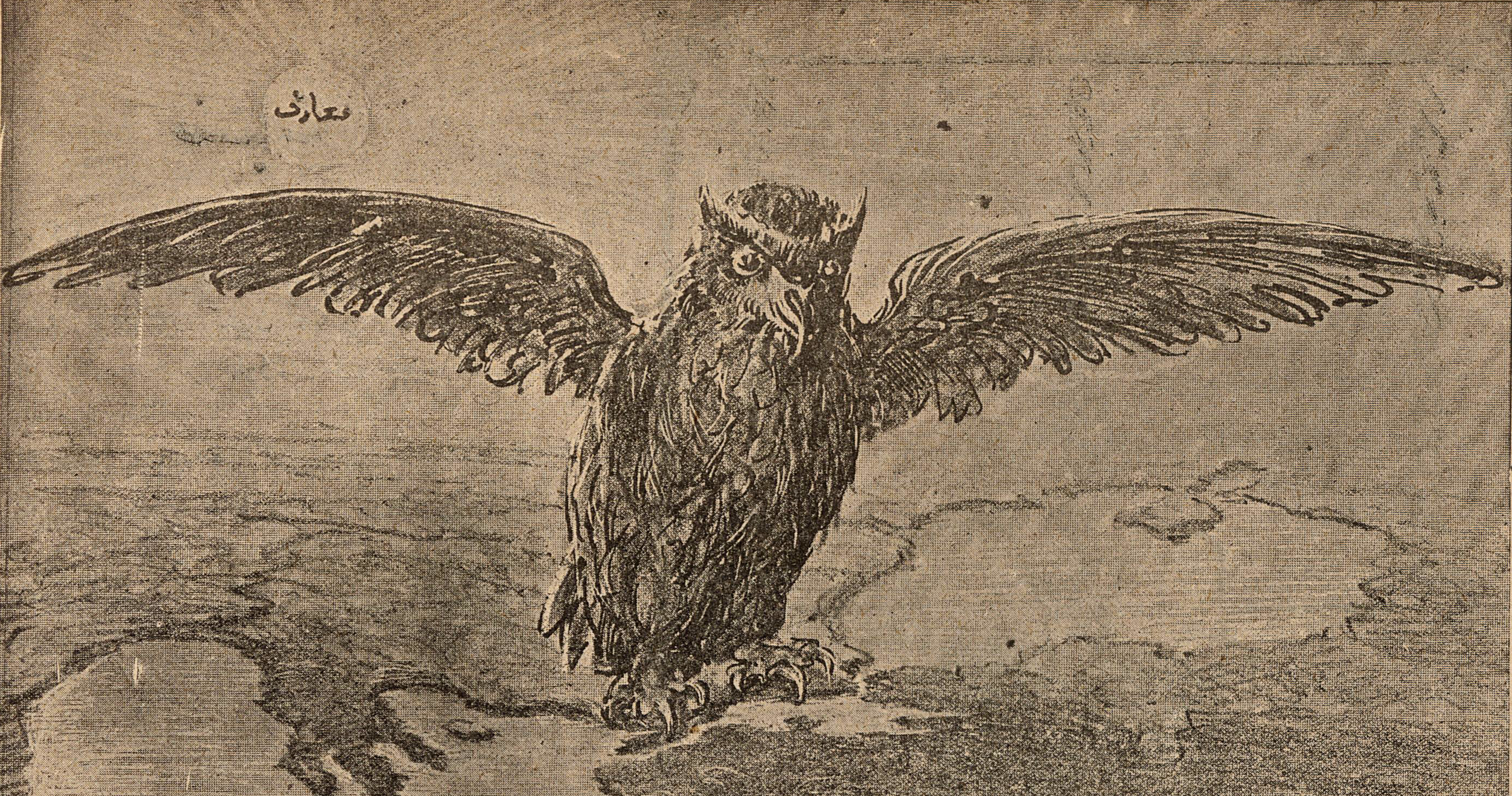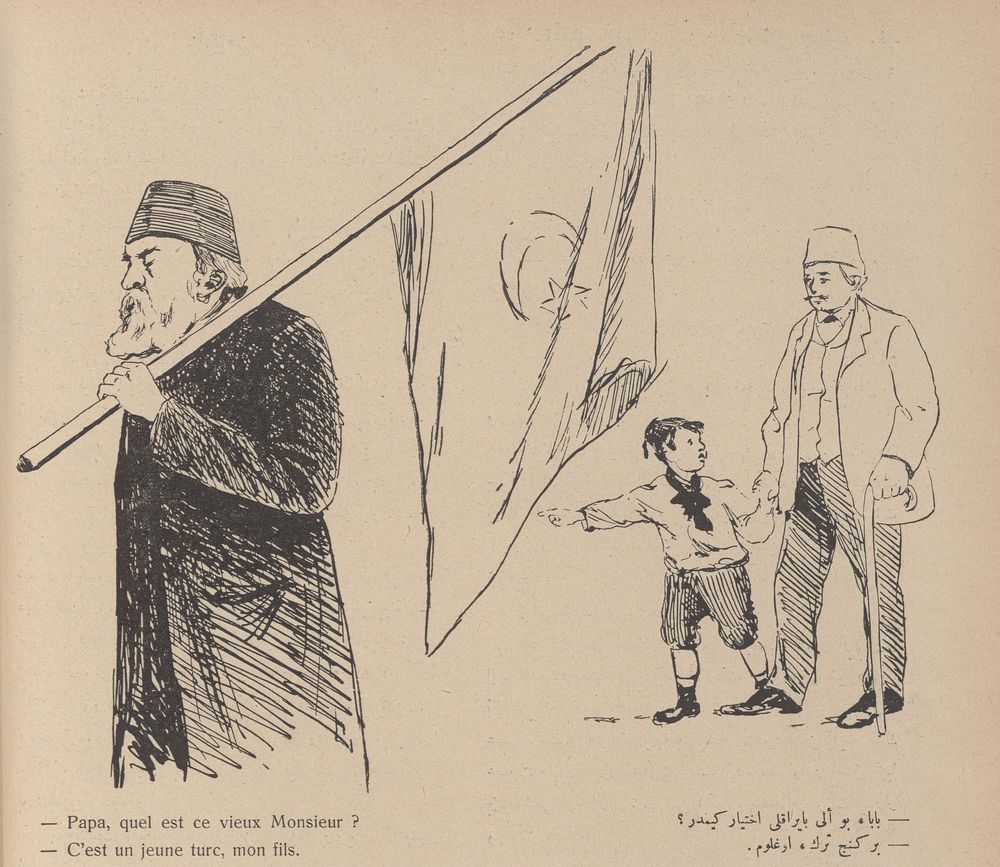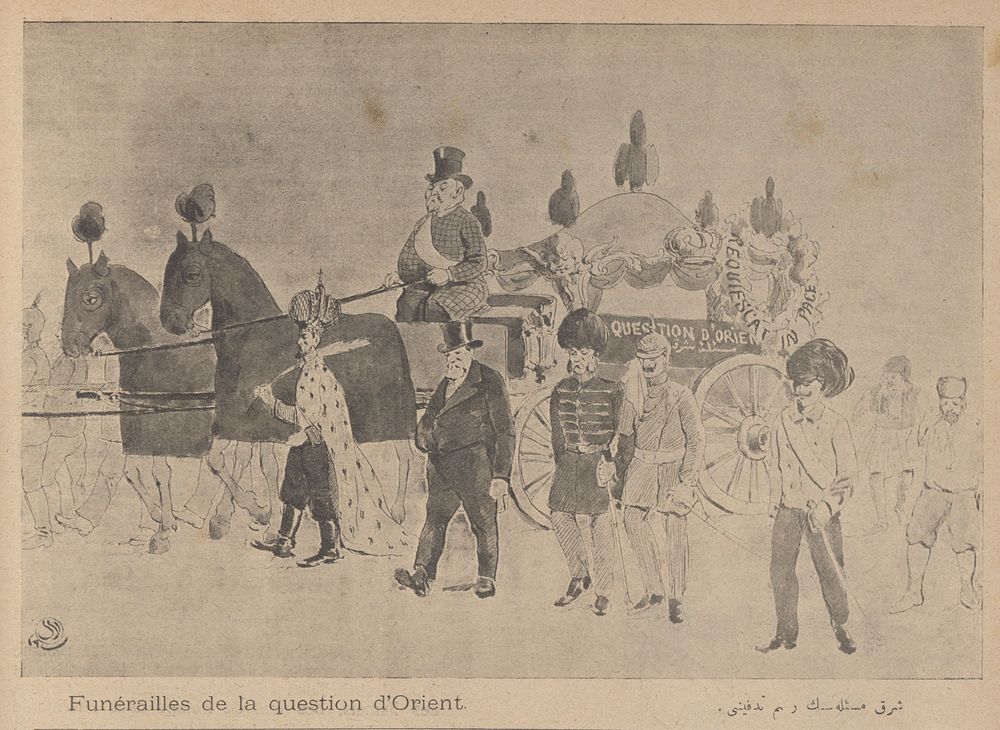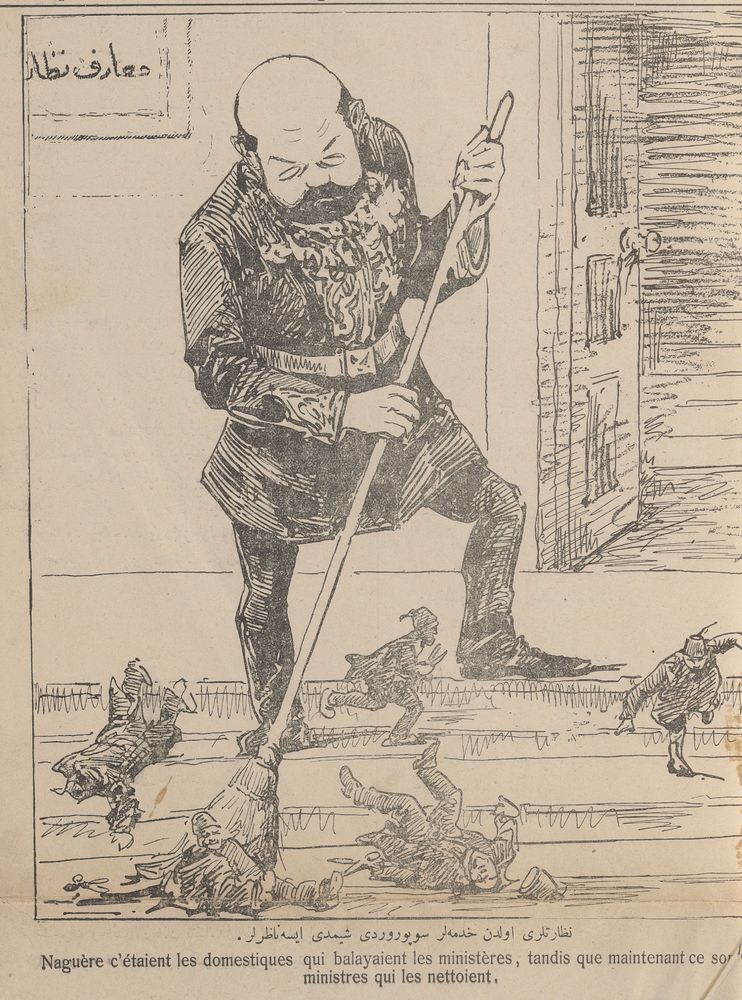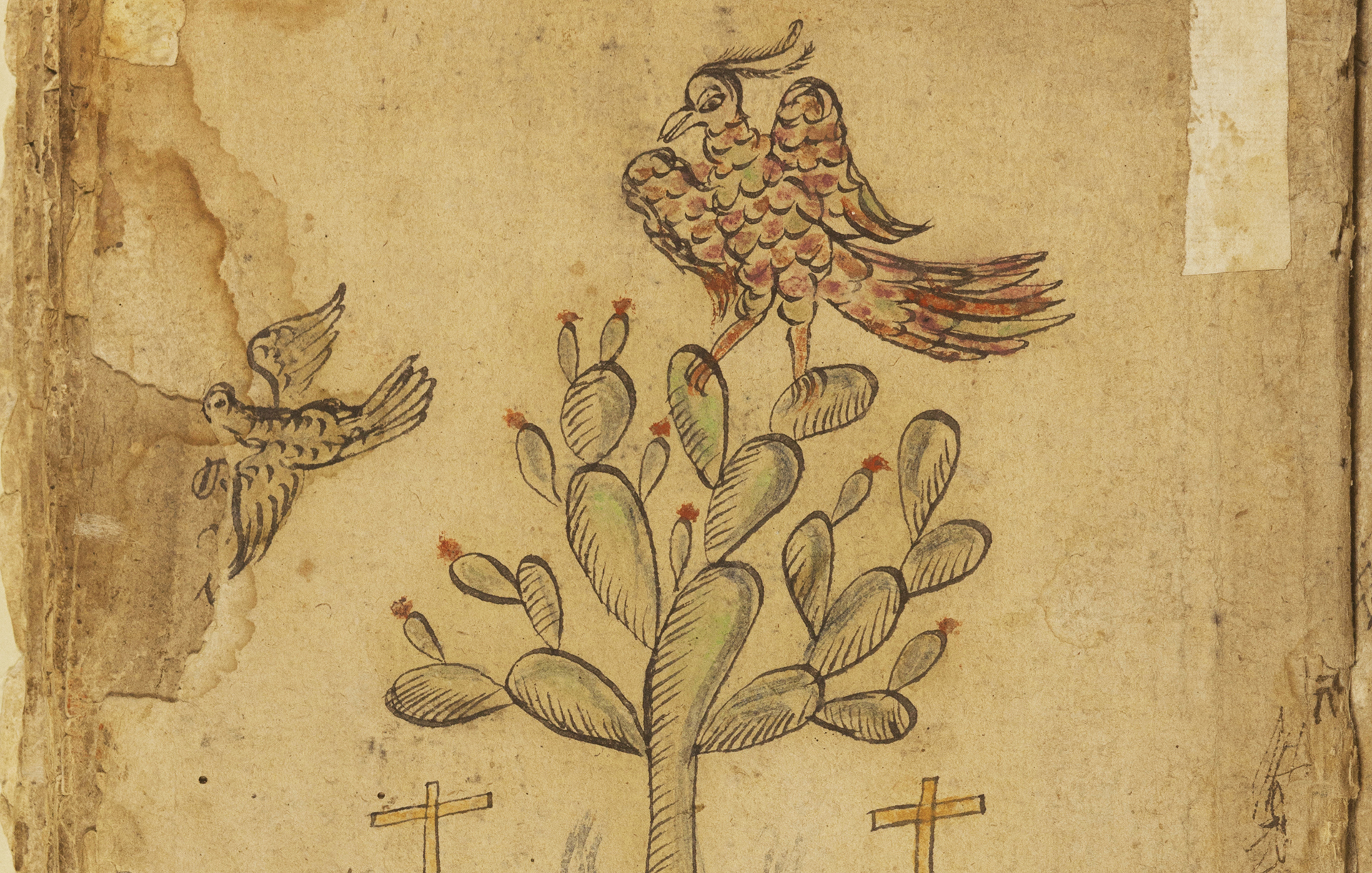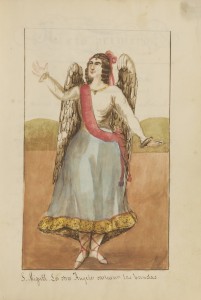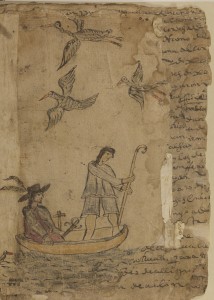By Nathan Alexander Moore, doctoral candidate, Department of African and African Diaspora Studies
“Illuminating Explorations” – This series of digital exhibits is designed to promote and celebrate UT Libraries collections in small-scale form. The exhibits will highlight unique materials to elevate awareness of a broad range of content. “Illuminating Explorations” will be created and released over time, with the intent of encouraging use of featured and related items, both digital and analog, in support of new inquiries, discoveries, enjoyment and further exploration.
I am so very excited and deeply honored to present my spotlight exhibition, “Elsewhere & Otherwise: Imagination & Worldmaking in the Black Queer Studies Collection.” As a Black transfemme writer and scholar, these materials means the world to me. Literally, this collection of writers, thinkers, theorists, and filmmakers opened up a whole new world for me in terms of creative expression and critical inquiry. The works highlighted in this exhibit are both canonical and cutting edge, instantiating a tradition but also charting out new territories of possible exploration.
It is my hope that various users and audience members will be inspired to engage these works, while also understanding just how impressive their creators are. Sadly, more often than not, Black queer creators are asterisks in the historical record, overlooked, and sequestered in some minor corner in the archive. What the Black Queer Studies Collection demonstrates is how prolific and significant Black queer creators have been and still are. This exhibit presents how imperative it is to have Black queer cultural productions centered in the telling of our collective history and the charting of our most audacious futures.
This exhibit is far from exhaustive in displaying all the holdings in the Black Queer Studies Collection, and purposefully so. Rather than trying to pin down one definitive master narrative of the collection, this exhibit has been constructed as a point of departure, a space of generative wonder, a line of flight. Rather than attempting to capture and document all the knowledge held within the collection, this exhibit is my endeavor to open multiple doors into viewing and appreciating Black queer art and thought. This exhibition is a suggestion, an offer, an invitation.
Won’t you come elsewhere with me, and imagine otherwise?
Nathan Alexander Moore (she/they) is a doctoral candidate in the Department of African and African Diaspora Studies, and Good Systems Humanist-In-The-Loop Graduate Research Fellow at the Harry Ransom Center.
This exhibit was completed as a part of the Humanist-in-the-Loop project, funded by UT’s Good Systems grand challenge. The project aims to bring graduate students in the humanities and their expertise into the loop of library data projects.


